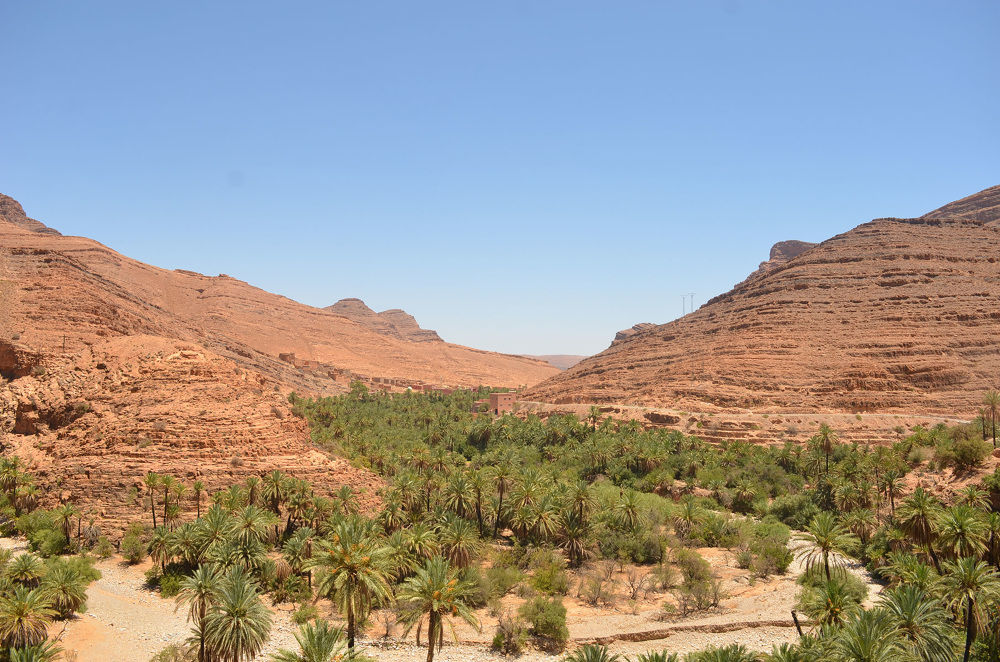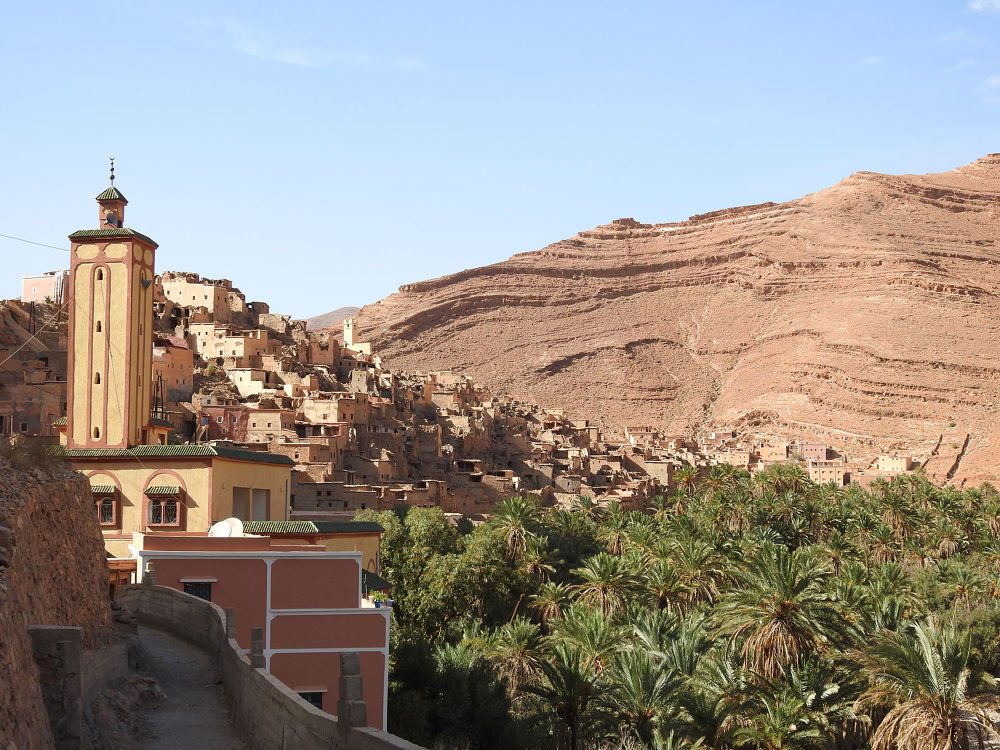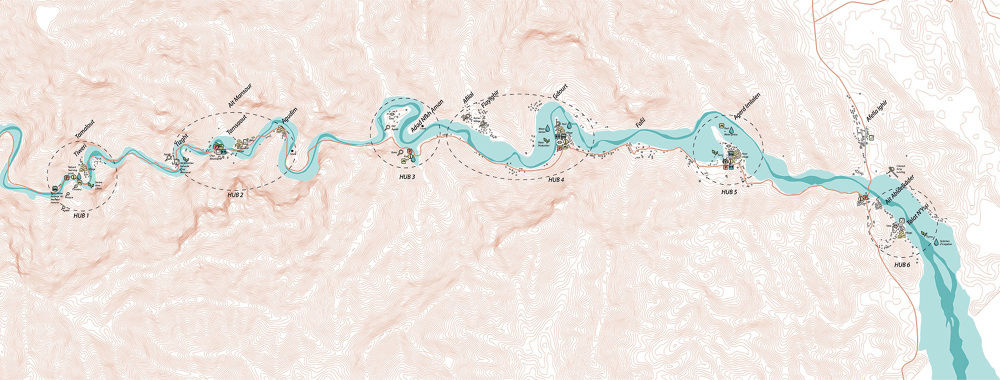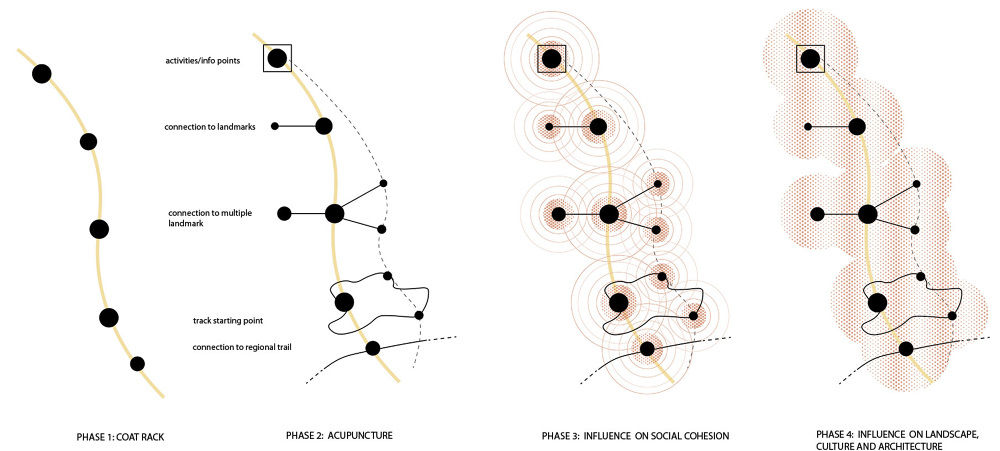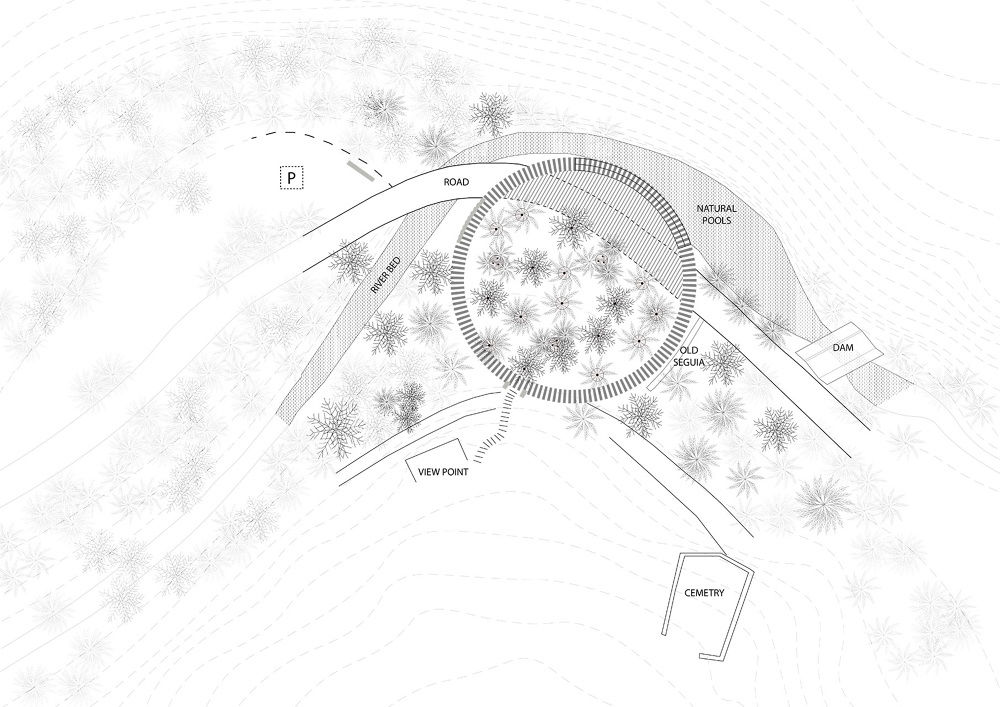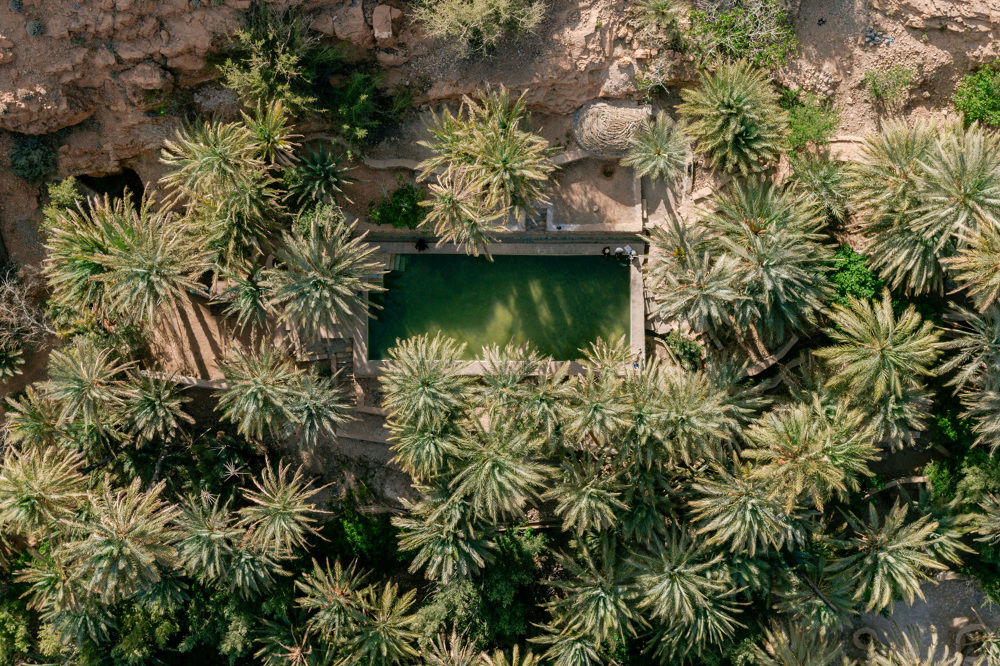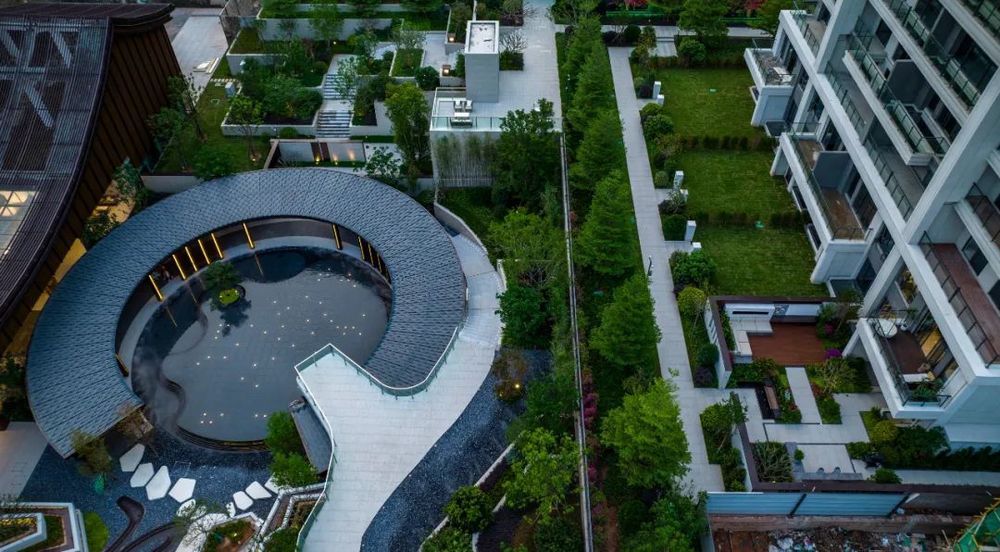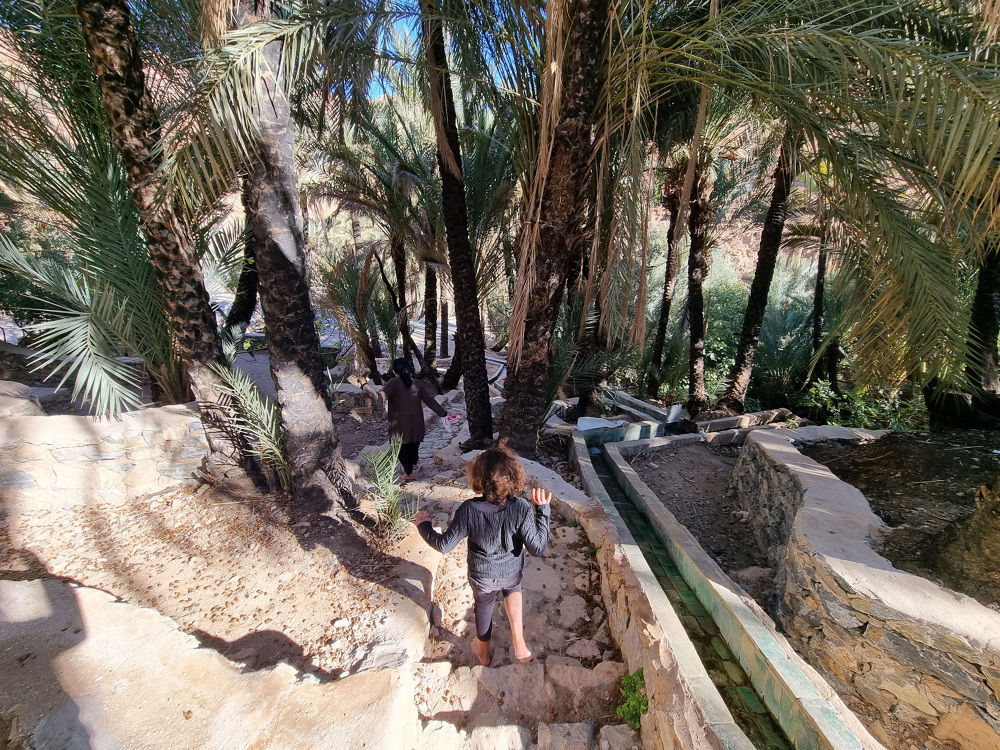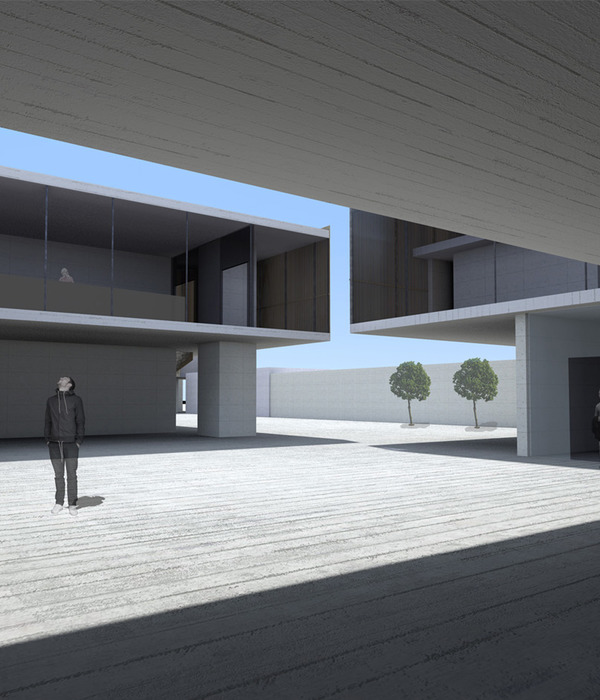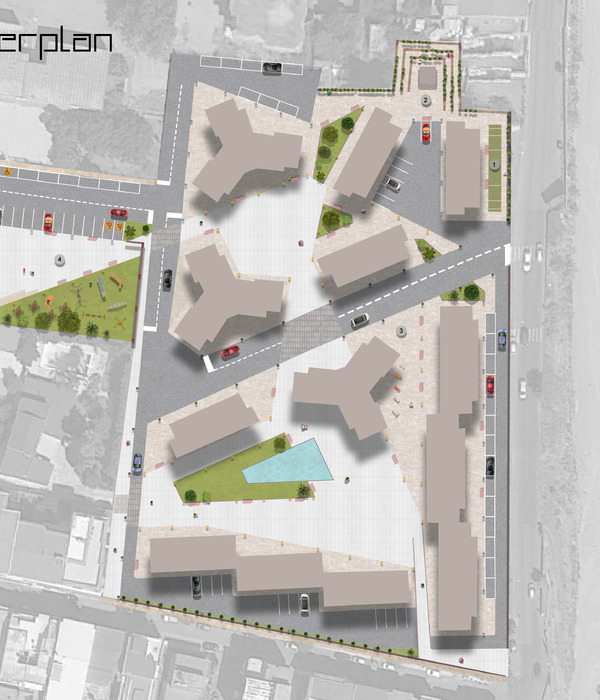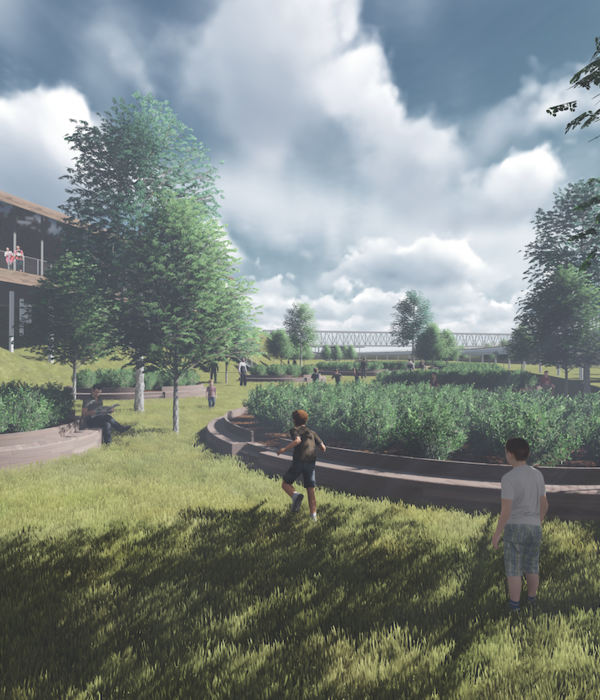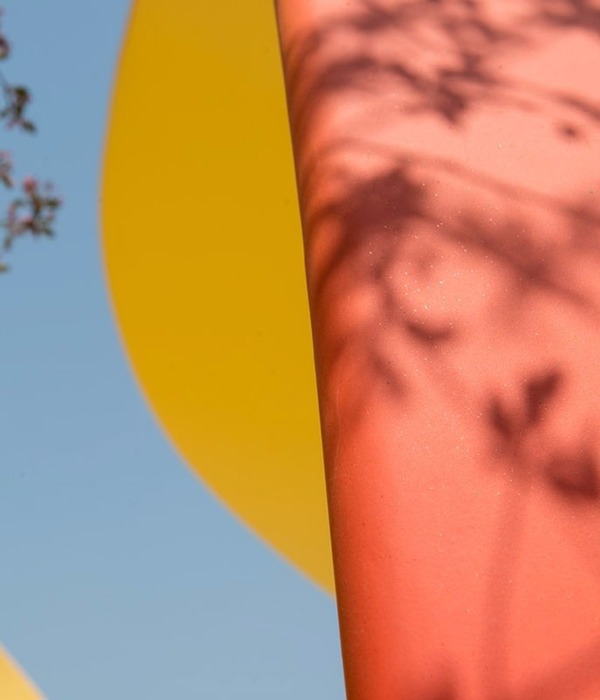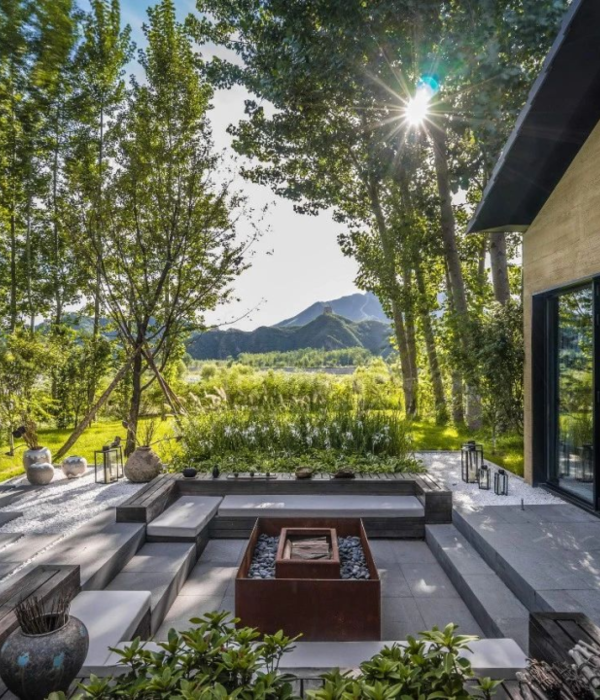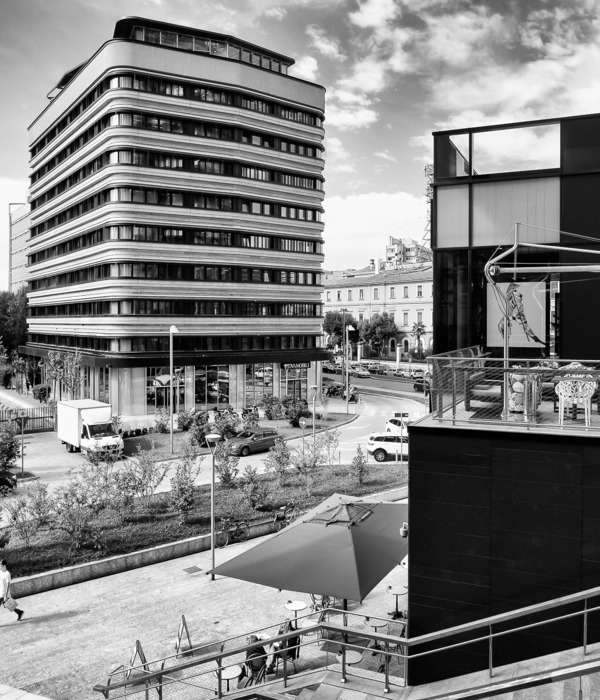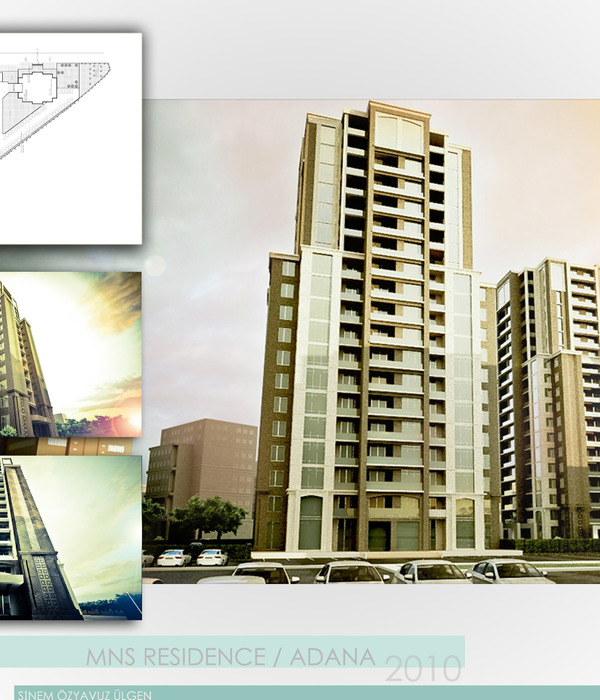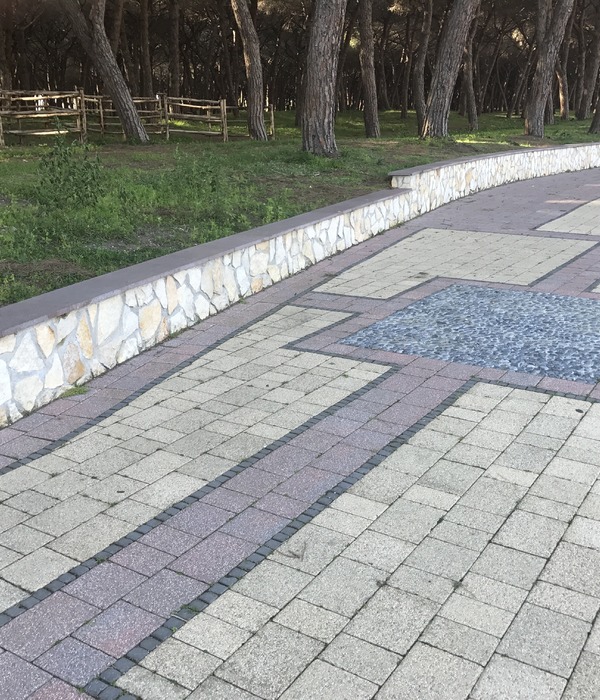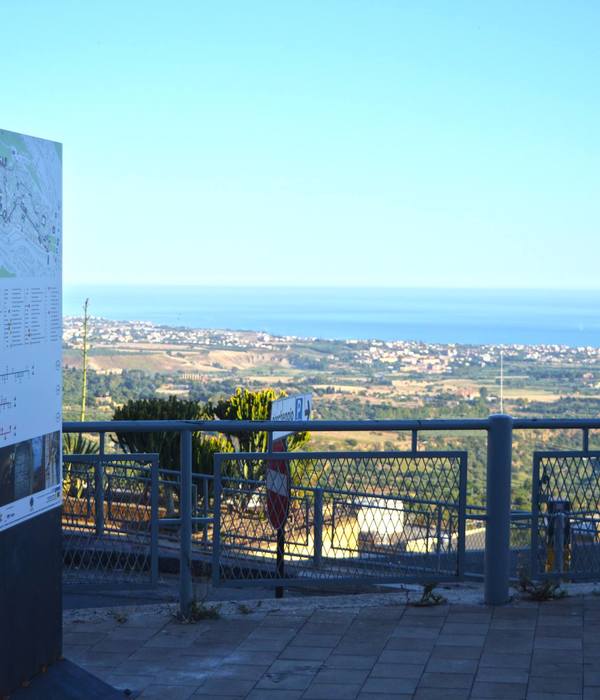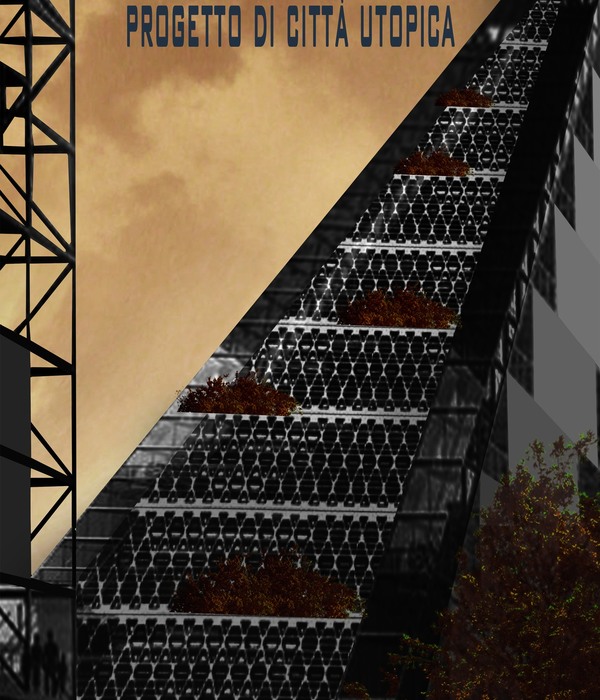《Moroccan Oasis Transformed by Inside Outside Studio (Inside Outside 工作室将摩洛哥绿洲转型)
Vallée de L’Oued IssyLocation: Ait Mansour, Province de Tiznit, Région Souss Massa, MoroccoClient: Société de Developpement du Tourisme Souss Massa, TiznitCollaboration: Agence Salima Naji and David GoeuryScope of work: Development strategies and landscape design for 6 hubs along a 14km road that crosses the semi-abandoned valleyDate: 2019 - ongoingPhase:Under constructionSize: 140 haSince last summer our studio has been involved on a site that for its sheer size makes this new project an unprecedented undertaking for our studio.The site, La Vallée d’Issy, spans 14 kilometers long over a surface of 140 hectares and is one of the lush oasis valleys that the Anti-Atlas mountain region in Morocco has to offer. In the past it was a place of vitality and abundance: unending date palm groves dotted with almonds, figs, apricots and argan trees all silhouetted by red-granite mountains that beam across and upon the site. But in reality, the richness of the rural area is undercut by a socio-economic and cultural stagnation that puts the site’s potential in the past as opposed to the present. The valley, in the region of Sous-Massa in the province of Tiznit, has witnessed a gradual outpour of its inhabitants to live and work in urban areas. Long-terms residents left the area, while short-term visitors flooded the region in their stead. Over the years, the Valley of Issy has been afflicted with an inability to maintain steady forms of agricultural production and the conservation of it architectural heritage is under increasing pressure. The originally harmonious relationship with nature by which past civilizations inhabited this ecologically complex valley seems suspended.Recently, the Moroccan public sector is concerning itself with the re-directing of tourism in the nowadays densely occupied coastal areas and major touristic cities towards the country’s rural areas with their often-undervalued cultural heritage. In collaboration with renowned vernacular architect Salima Naji and professor David Goeury, Inside Outside is developing a strategy on the long term to stimulate forms of rural tourism that can serve to benefit the very land itself. To that end, the strategy is deeply entrenched in the customs of the local communities so that constructive connections between visitors and locals can blossom.To serve the strategy Inside Outside designed a series of acupunctural and mock-up like interventions as starting points. Interspersed across the 14-km long valley, starting from the village of Tamalout to Talay Nyissi, the team has allocated 6 hubs each with a thematic and functional purpose to make the Issy Valley accessible to its visitors and local communities. The hubs will help navigate the valley practically by fulfilling the valley’s dire need for facilities – by adding parking, informational and direction signs, and rest stops. More importantly, the hubs bring explicit awareness and inflate the value certain areas in the valley to their deserved status of cultural landmarks – areas that without an explicit, visual designation run the risk of being overlooked.For each hub, Inside Outside designed the recurring shape of 6 circles that overlap with and extend beyond the main road. These provide the stepping-stone from which to diverge into the surrounding landscape. They counterbalance the perception of the main road as a mere isolated in-between space by, instead, emphasizing the landscape’s rootedness and stitching together the valley in its entirety.These confluent circles create socially cohesive meeting points from which visitors and locals are free to delve into all kinds of panoramic vistas, excursions into the valley’s many groves, to ruins and agricultural production fields or unwind in the natural pools. The circles are made up exclusively of materials native to the valley and follow traditional forms of construction, thus assembled as ‘1:1 mock ups’ for future building and public spaces. None of the designs stand on their own, they are rather but a fraction that altogether offer up a frame of reference to the valley’s future layout.Every hub creates a constellation of reciprocities for visitors as much as locals to savor the valley and connect to one another. The purpose of every acupunctural point is entangled with the latent strength of the valley in its totality; they merely highlight and re-direct attention to the landscape’s architectural, agricultural and cultural heritage with a dispersed yet strategic precision.On these grounds the Issy Valley can integrate a non-invasive, respectful and collaborative form of tourism. And in all likelihood, the more the local community can maintain a consensus on the benefits of such sustainable tourism in their local surroundings, the higher the care will be for the landscape on their own accord. There will be more room for incentive, improvement and practical possibilities to set up cooperatives for and by the residents of the valley. Ultimately, it’s the local communities that will be the paramount driving force setting this template for change in motion.Our series of circles covering the oasis’ most precious points aims to facilitate a fundamental transformation for the entire landscape. They serve to re-orient the existing ecological and architectural potential of La Vallée d’Issy and permit the region to self-generate newfound prosperity, by setting into motion one single, virtuous circle of events.The project was shortlisted for the Aga Khan Award.Team Inside Outside: Jana Crepon with Vincent Lulzac, Petra Blaisse and Isabella CalducciConceptImages: © Inside Outside, © Amine Houari
